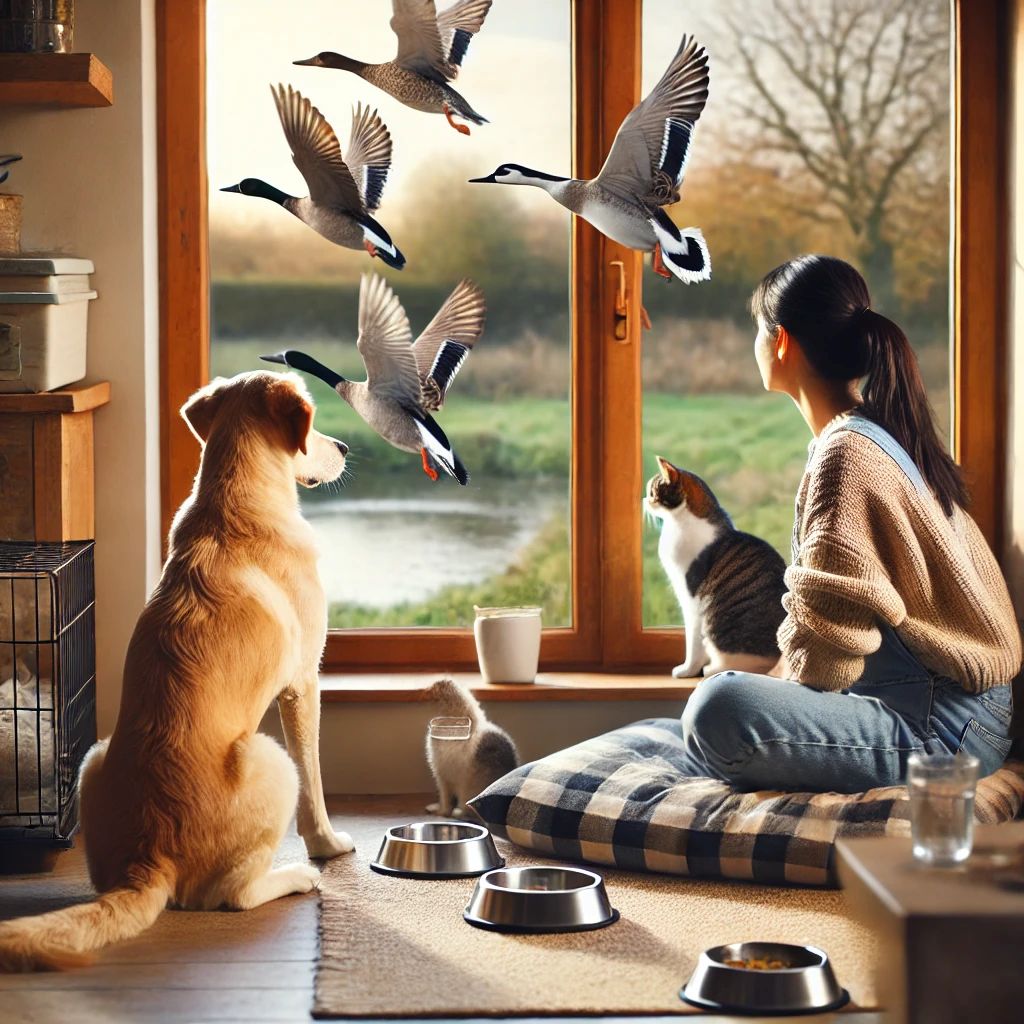Protecting Your Pets from Bird Flu: What Every Pet Owner Needs to Know

As pet lovers, we go the extra mile to protect our furry companions. But with the recent rise in bird flu (H5N1) cases affecting domestic animals, it’s time to take extra precautions. The Centers for Disease Control and Prevention (CDC) has issued guidance for pet owners to minimize the risks and protect their pets from exposure.
Why Bird Flu Is a Concern for Pets
Bird flu, or avian influenza, has historically been a concern for poultry and wild birds, but cases among domestic pets are now surfacing. The H5N1 strain can spread through contact with infected birds, contaminated surfaces, or even raw poultry in pet diets. While the risk of transmission to humans remains low, infected pets can suffer from fever, respiratory distress, and lethargy.
How to Keep Your Pets Safe
- Limit Outdoor Exposure
Keeping your pets indoors or supervising them while outside can prevent contact with wild birds or infected environments. Avoid letting your pet roam freely in areas where birds gather, such as parks, farms, or near water sources. - Avoid Raw or Undercooked Poultry
Feeding your pets raw meat, especially poultry, can increase the risk of exposure. Always ensure that pet food is thoroughly cooked, and avoid raw diets that could contain contaminated ingredients. - Maintain Good Hygiene Practices
Wash your hands after handling your pet, their food, or cleaning their living space. Disinfect surfaces that could come into contact with potential contaminants. - Monitor for Symptoms
Watch out for warning signs such as:- Lethargy or loss of appetiteFeverCoughing, sneezing, or labored breathing
- Swelling around the eyes or discharge from the nose
Final Thoughts
As responsible pet owners, it’s crucial to stay informed and take preventive measures against emerging health risks like bird flu. By keeping pets indoors, avoiding raw diets, and monitoring their health, you can ensure they stay safe and happy.